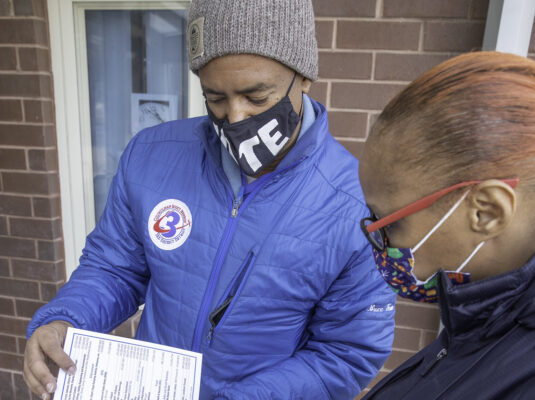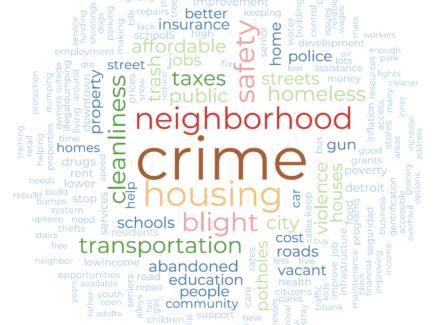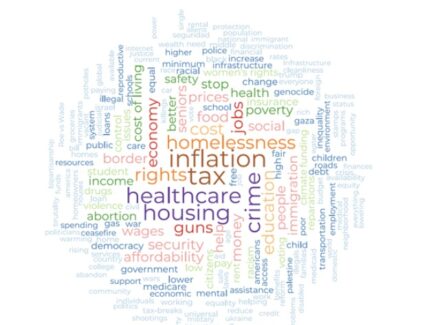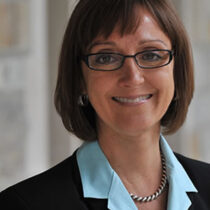Analyzing the long-term impacts of foreclosure and property speculation
Poverty Solutions supported research that highlighted the connection between Detroit’s long-lasting mortgage and tax foreclosure crises, property speculation, high rates of eviction, and large numbers of demolitions. The research helped contribute to the City’s efforts to file a lawsuit against a number of Detroit’s most notorious property speculators.
Stopping the Eviction Machine in Detroit
Analyzing the scale of home repair needs in Detroit
The state of Detroit’s housing stock has long stood as a challenge for Detroiters with limited income, threatening long-term housing stability. Poverty Solutions estimated the overall home repair need in Detroit, analyzed the state of current home repair programs, and recommended potential strategies to deliver more home repair resources to Detroit residents.
A Decent Home: The Status of Home Repair in Detroit
Evaluation of the Make it Home Repair program
Several ongoing initiatives are seeking to provide low-cost pathways to homeownership for low-income Detroit households. However, many homes are in need of significant repair, threatening long-term housing stability. Poverty Solutions evaluated a flexible, low-cost home repair program to help new homeowners address emergency repairs, to improve long-term stability.
Reinforcing Low-income Homeownership through Home Repair: Evaluation of the Make It Home Repair Program
Evaluating eviction prevention efforts in Detroit
The United Way of Southeastern Michigan is partnering with JP Morgan Chase, the Detroit Housing Commission, and the United Community Housing Coalition, to pilot an effort to prevent rental evictions by intervening with vulnerable households prior to an eviction filing. Poverty Solutions is evaluating the initiative.
Explore our all of our work on Affordable Housing and Homelessness




















